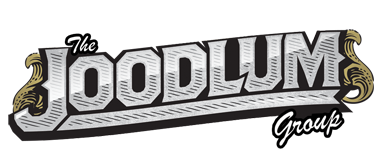The U.S. Copyright Office recently ruled that photos taken by animals belong in the public domain, but photographer David Slater argues there's more to his 'monkey selfie' than meets the eye.
In 2011, British photographer David Slater spent three days with crested black macaques in the forests of Indonesia.
Wanting to get a close-up of a monkey’s face, Slater set up his camera on a tripod with a cable release, walked several feet away and hoped for the best.
When a curious macaque stepped up to the camera and began to play with it, Slater got the shot he was looking for: a monkey selfie.
But according to the U.S. Copyright Office, Slater doesn’t own the copyright to that photo because he didn’t actually take it.
In the first major revision to copyright law in more than two decades, the office ruled that works created by animals belong in the public domain.
“The Office will not register works produced by nature, animals, or plants,” the office said. “Likewise, the Office cannot register a work purportedly created by divine or supernatural beings, although the Office may register a work where the application or the deposit copy(ies) state that the work was inspired by a divine spirit.”
It’s yet another setback for Slater, who’s been battling publications to recognize his copyright for years now.
The debate began when the Wikimedia Commons database — a collection of photographs, videos and other media available for the public to use — added Slater's photo to its virtual catalog.
Slater officially asked Wikimedia remove the image from its database in early 2012. The monkey selfie disappeared but was later added again by another user, and this time it remained.
In its first transparency report, the Wikimedia Foundation revealed this week that it denied Slater’s request to remove the photo.
“Monkeys don’t own copyrights,” the foundation’s Chief Communications Officer Katherine Maher told The Washington Post. “What we found is that U.S. copyright law says that works that originate from a non-human source can’t claim copyright.”
Slater is pursuing legal action, arguing that the original selfie the monkey snapped is different from the version that went viral on the Web.
Copyright law deals with “transformations” of original works differently, which could complicate Slater’s case.
But Maher said Slater would have had to have made “substantial changes” to the monkey photo — changes beyond cropping and color alteration — to claim such a copyright.
“This is ruining my business,” Slater told The Post. “If it was a normal photograph and I had claimed I had taken it, I would potentially be a lot richer than I am. I’m not rich, I’m actually in debt. My life could be very much different.”
Learn more about Slater's monkey selfie and the legal challenges he faces in the video below.

